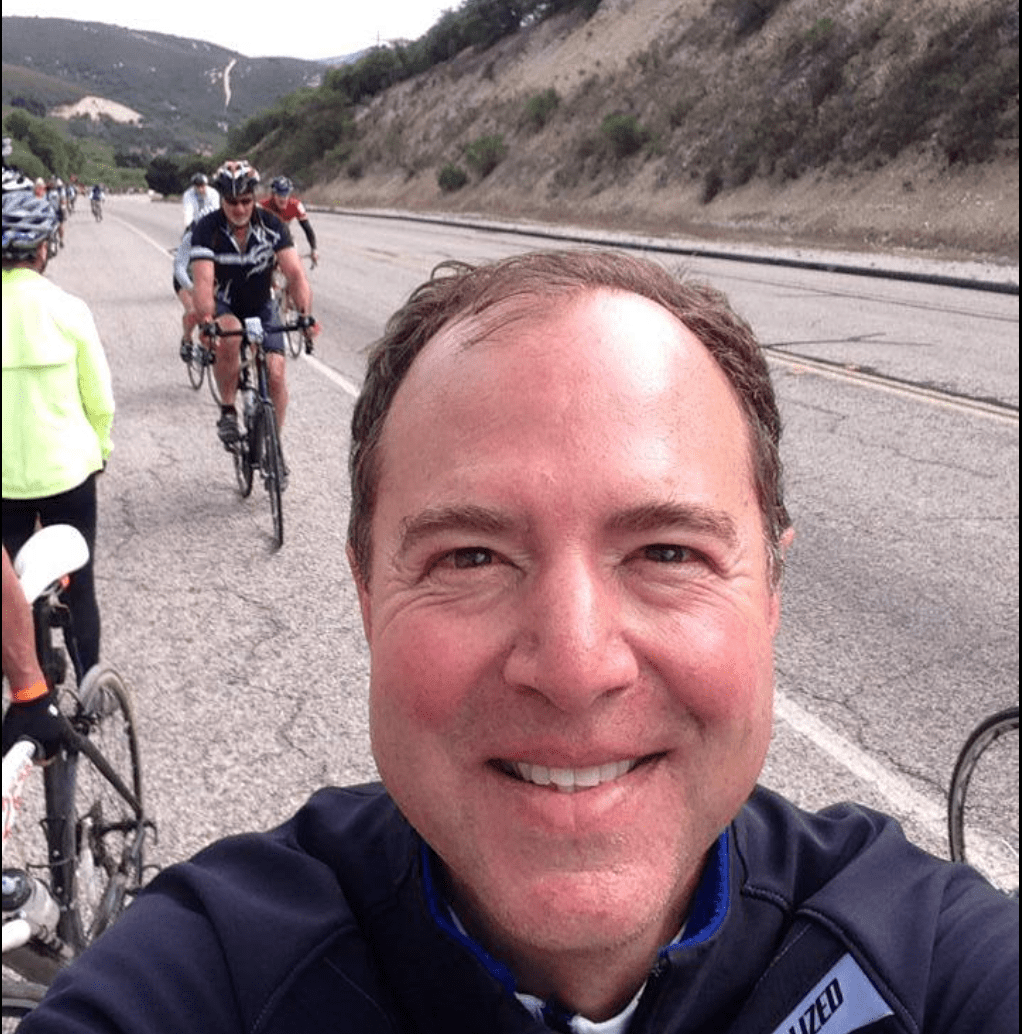You Don’t Have To Be A Genius To Know Bike Registration Is Dumb
2:46 PM PDT on April 3, 2009

Hey Freakonomics, how could you get so much so wrong in five short sentences?
A blog post this week highlights Oregon Representative Wayne Krieger's proposal to charge cyclists a biannual registration fee and parrots his assertion that cyclists don't contribute to the roads they ride and do similar damage to roads as vehicles.
In an interview with Jonathan Maus at Bike Portland, Rep. Krieger is clearly upset that Oregon's vulnerable road users law
puts too much responsibility on motorists to wield there vehicles
responsibly and thinks that if cyclists keep getting bike lanes, they
should pay more for them. Some of the illuminating snippets:
This is an opportunity for the bicyclists to start contributing to ourroads. If you want to have something that everybody is goingto use, than everybody needs to contribute to what’s there… if therewere not bicycles we wouldn’t need bicycle lanes.
Talk about a time when you need some revenue for transportation…bikeshave used the roads in this state forever and have never contributed apenny. The only people that pay into the system are those people whobuy motor vehicle licenses and registration fees.
Ifa small fee discourages something, I would suggest they probably aren’tvery ardent to the cause to start with. I think there are very fewpeople who would stop biking because of the fee.
The worst part of the Freakonomics post is the kicker: "Considering the enormous benefits
of investments in bicycle infrastructure, can even a tax-hating
bicyclist concede his point, at a registration cost of just over 7
cents a day?"
Hell no! Not conceding anything.
If you follow your own link it will lead to a study that shows
cycling is not only healthier for you as an individual, and thus
reduces your health care costs, but better for the country's economic
bottom line:
In addition to reductions in health costs, the analyses also take intoaccount that a change from travel by car to cycling or walking meansreduced external costs (e.g. air pollution and noise) from motorizedtraffic and reduced parking costs. The benefits of investments in cyclenetworks are estimated to be at least 4–5 times the costs. Suchinvestments are thus more beneficial to society than other transportinvestments.
Automobiles,
on the other hand, account for nearly 43,000 annual deaths and cost the
nation $164.2 billion annually, according to AAA. That doesn't account for the costs of the roads, the massive land costs associated with nearly universal free parking, and the
And how do you demonstrate the claim that cyclists hate paying taxes? Or hate it more than motorists?
Cyclists pay taxes for road repair because many cyclists own cars and
because many roads are paid for from other sources besides the
gas tax and vehicle registration fees. About the only place the cost of maintaining a road is borne exclusively by the gas tax is on the Interstate Freeway network, and guess what, cyclists are verboten on those roads.
Cyclists also pay a number of other costs incurred by vehicle owners, for example, the subsidization of city streets for the mostly free storage of private property (i.e. cars on parking on streets). If you want to really ride this out, cyclists that pay sewer bills in cities with combined sewer systems like San Francisco's pay for decontaminating the water that runs off streets largely polluted by vehicles.
The damage that cyclists do to roads compared to cars and trucks is almost too small to count. According to the Highway Design Manual, the effective damage done to the road is roughly proportional to the 4th power of axle weight. A fully loaded tractor trailer does 7,800 times more damage than a two-ton vehicle. A 200 pound bicycle with rider does roughly 1/33000th as much damage as a 2700 pound Honda Civic Hybrid.
Are you, good Freakonomists, suggesting that despite a national commitment to reducing greenhouse gas emissions, the country's oil addiction and attendant foreign policy boondoggles, and the demonstrable health, economic, and environmental benefits of cycling, you would support the introduction of a cost deterrent to being on the right side of history?
Unlike some of the cogent posts on the blog by UCLA Planning Department doctoral student Eric Morris, this doesn't even pass the Rob Anderson laugh test.
I hope Freakonomics will go back to interpreting data instead of bias.
Flickr photo: Aggtastic
Stay in touch
Sign up for our free newsletter



